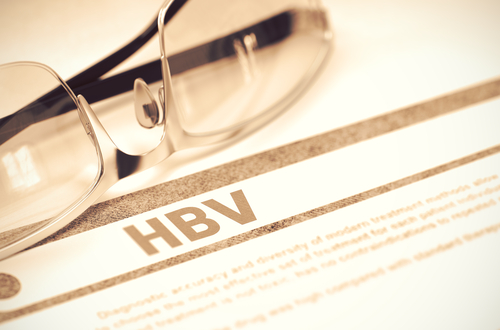GeoVax Labs and the Georgia State University Research Foundation have entered a research agreement to develop a therapeutic vaccine for chronic hepatitis B virus (HBV) infections.
Georgia State will combine its preS VLP technology with GeoVax’s Modified Vaccinia Virus Ankara – Virus-Like Particle (MVA-VLP) vaccine platform to design, construct and characterize multiple HBV vaccine candidates.
GeoVax’s vaccines produce self-assembling non-infectious virus-like particles (VLPs) in the cells of the person being vaccinated. VLPs train the body’s immune system to recognize and kill the authentic virus should it appear.
The new vaccine’s effectiveness will be evaluated with VLP design and functional assays developed by Ming Luo, PhD, professor in the department of chemistry at Georgia State University, and conducted in collaboration with Peking University Shenzhen Graduate School.
“We are fortunate to have the collaboration with nearby Georgia State University and Dr. Ming Luo,” Farshad Guirakhoo, chief scientific officer at GeoVax, said in a press release. “The combined technologies and already defined functional assays will serve to rapidly test this innovative concept.”
According to the Centers for Disease Control and Prevention (CDC), an estimated 240 million people have chronic HBV infection globally. HBV affects between 700,000 to 1.4 million people in the U.S., with an estimated 20,000 new infections every year.
“My team’s efforts continue to unveil the molecular mechanism of immune responses to HBV infection and we are excited to partner with GeoVax to further the development of a Hepatitis B therapeutic vaccine,” Luo said. “Globally, chronic Hepatitis B affects more than 240 million people and contributes to nearly 686,000 deaths worldwide each year. By joining forces with GeoVax, we will apply our highly complementary sets of expertise in an effort to address the problem,” he said.
The safety of GeoVax MVA-VLP platform has been demonstrated in multiple human clinical trials of the company’s preventive HIV vaccine. These studies also have shown that the company’s non-infectious VLPs elicit both strong and durable humoral and cellular immune responses.
GeoVax’s MVA-VLP vector platform also is being used to develop vaccines against the human immunodeficiency virus (HIV), hemorrhagic fever viruses (Ebola, Sudan, Marburg and Lassa) and Zika virus.

